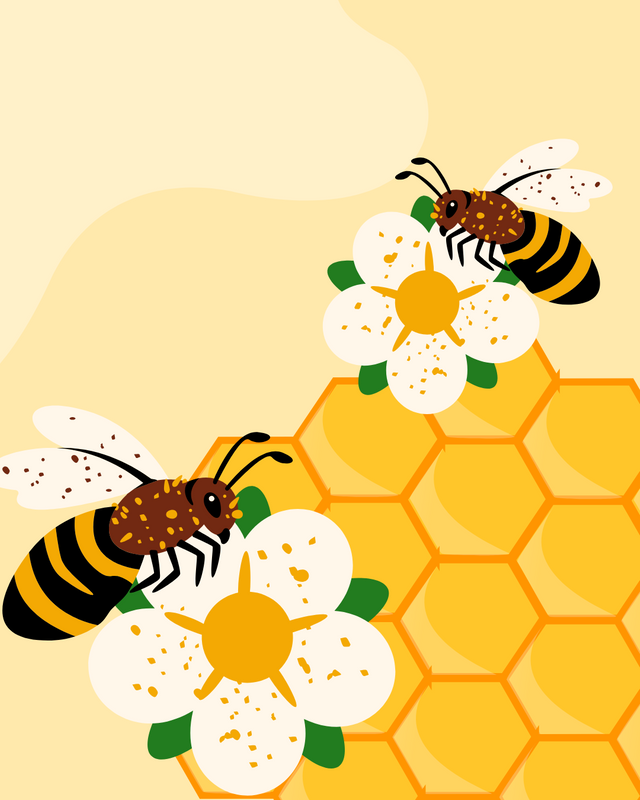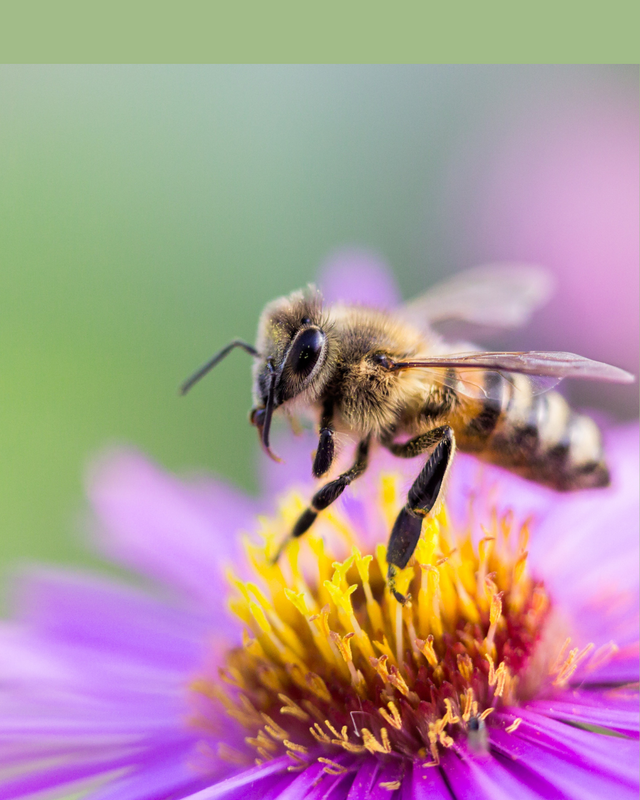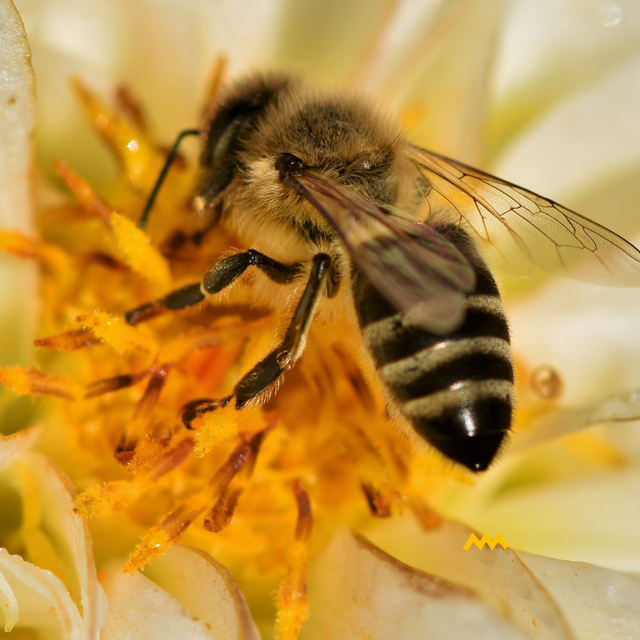Steem-agro Contest: "Basic Knowledge in Agriculture 44
Discuss on Apiculture.
Apiculture is the practice of keeping and managing bees for the purpose of producing honey beeswax royal jelly and other useful products. It is also called beekeeping. Bees are small insects buts they played a very big role in our lives and in natures. They help in pollinations which means they carry pollens from one flower to another and make fruits vegetables and seeds grow. Withouts bees food productions would decrease and life would become very difficult. Apicultures has been practiced for thousands of years. In the past peoples collected honey from wild hives in forests. But now beekeeping has become more modern with wooden boxes scientific techniques and special equipment. Many people do apiculture not only as a hobby but also as a source of income. Honey is a natural sweetener and medicine so there is always demand for it in markets.
Discuss on the types of Apiculture.
There are different types of apiculture depending on the purpose and the way it is managed. Some of the main types are:
Rural or Traditional Apiculture.
This is the oldest form of apiculture where people keep bees in clay pots bamboo tubes or logs. It is simple and low cost but the amount of honey collected is small. Most rural families in villages practice this method for their personal use.
Urban Apiculture.
In big cities people have started keeping bees on rooftops balconies and small gardens. This is called urban apiculture. It not only provides fresh honey but also helps plants in the city to grow better through pollination. Urban apiculture is becoming popular because people want organic honey and also want to support the environment.
Commercial Apiculture.
This is a modern and large-scale form of apiculture where many beehives are kept together for business purposes. Commercial beekeepers use movable frame hives protective clothing smokers and other tools. They collect honey in big amounts process it and sell it in markets. Apart from honey they also sell beeswax propolis and royal jelly. Commercial apiculture provides jobs and helps in economic development.
Migratory Apiculture.
In this type beekeepers move their hives from one place to another depending on the flowering season. For example when mustard flowers bloom in one region hives are moved there and later when sunflower blooms hives are moved again. This way bees get more nectar and honey production increases. Migratory apiculture is very important for pollination of crops.
Talk about the challenges encountered in. Apiculture and the solutions to those problems.
Although apiculture has many benefits it also comes with challenges. Some of the major problems faced by beekeepers are:
Bee Diseases and Pests.
Bees can be attacked by diseases likes foulbrood or pests likes wax moths and varroa mites. These weaken the colony and reduce honey production.
Solution: Beekeepers should regularly inspect hives maintained cleanliness and used safe treatments. Research centers can provide medicines and resistant bee breeds.
Use of Pesticides.
Farmers oftened spray chemicals on crops to killed insects. Unfortunately these pesticides also harm bees. Manys bee colonies die because of this.
Solution: Farmers should be educated to used bee friendly pesticides and sprayed them in the evening when bees are not active. Organic farming is also a safes option.
Climate Change.
Changes in weathers patterns heavy rains or droughts affects flowering plants and reduces nectar availability. This makes bees suffer.
Solution: Planting more bee-friendly flowers and trees and practicing migratory apicultures can help bees survive during tough seasons.
Lack of Knowledge and Training.
In many areas people do not have enough knowledge about modern apiculture methods. They lose colonies or collect less honey.
Solution: Governments and NGOs can provide training programs workshops and equipment support for new beekeepers. Sharing knowledge through communities and social media can also help.
Colony Collapse Disorder (CCD).
In some cases bees suddenly disappeared from their hives. This is called colonys collapse disorder and its exacts caused is still being studied.
Solution: Proper cares avoiding harmfuls chemicals and maintaining good habitat for bees can reduced the risk of CCD.
Apicultures is not only about producing honey; it is abouts protecting natures and supporting life on earth. Bees are littles workers who gives us sweet honey and also helps our plants grow. By practicing differents types of apicultures and solving its challenges we can improved food security creates income opportunities and protect the environment.
I am inviting friends @wuddi @arroise @axgustine


